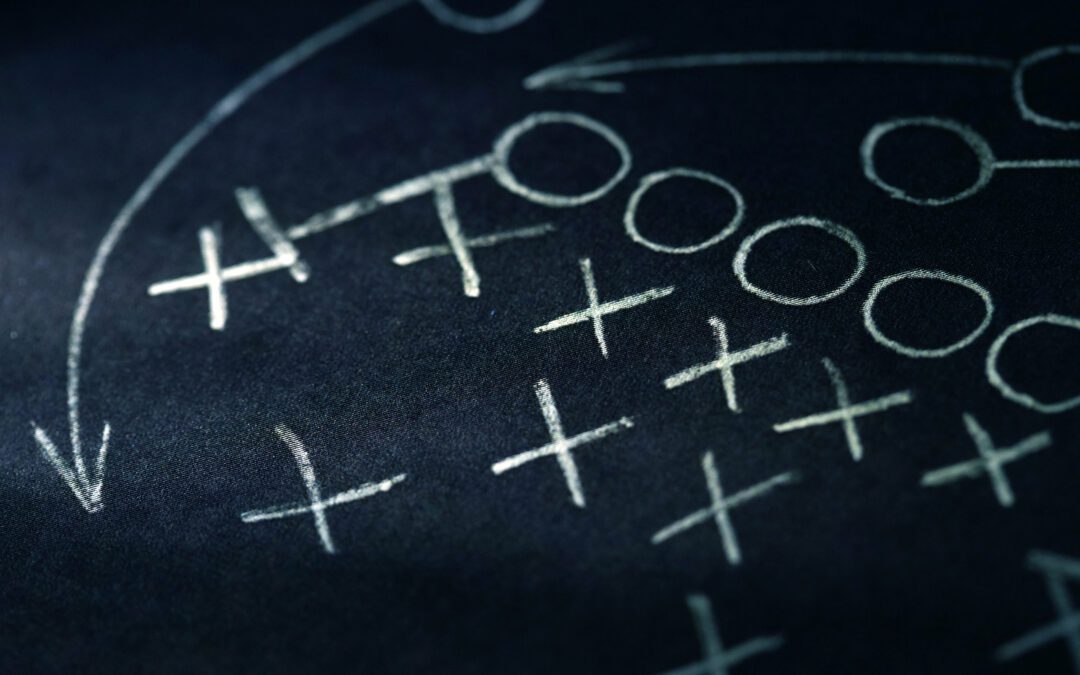MNAPG Northern Light Spring 2022
As the legislature paused for its spring recess, two bills, HF 778 and SF 574, were making their way through committees on the House and Senate sides, respectively. The two bills embraced different approaches.
HF 778, authored by Rep. Zack Stephenson, would create two master mobile sport betting licenses. One would be held by a tribal entity comprised of members of the Ojibwe Indian tribe or an entity owned by the tribe. The second would be held by a tribal entity comprised of Dakota Indian tribes or an entity wholly owned by the Indian tribe, and include up to eleven mobile sports betting operator licenses. The proposed tax rate is 10% on sports betting wagers placed online through a website or mobile application. Any wagers made on Indian lands are not subject to taxation. As sovereign nations, they do not fall under the same regulatory obligations as state and commercial entities.
As the bill stands today, mobile sports betting would only be allowed for those 21 years old and older. Legalized activities would include athletic events, esport events, college sports events or other events approved by the commissioner. Events prohibited or not covered by this legislation include: horseracing (legal under separate legislation), esports or athletic competitions organized by elementary, middle schools and high schools, or any youth activity sport league or fantasy sports contests.
The types of betting allowed would include:
º single game bets
º futures bets
º teaser bets
º parlay bets
º over-under bets
º moneyline bets
º in-game betting
º proposition bets
º straight bets
º exchange wagering
º futures bets placed on end-of-the-season standings, awards or statistics
º any other bets approved by the commissioner
Tax revenue collected would be distributed to the following:
1. Ten percent to the Public Safety Commission Division of Alcohol and Gambling Enforcement to oversee regulatory actions
2. Forty percent towards the problem gambling programming — 20% to the Department of Human Services and 20% to the state affiliate of National Council on Problem Gambling (MNAPG)
3. Fifty percent to amateur sports grants to promote integrity and participation of amateur sports.
MNAPG successfully added comprehensive problem gambling prevention education as a part of a young athletes’ education. Currently, no prevention material on problem gambling is offered in the schools. This would at least open the door to reaching this impressionable group. Providing an early foundational understanding to the potential harms of gambling may help in preventing future problems.
MNAPG was also successful in adding esports and being named recipient of 20% of the tax revenue generated by sports betting. We were also able to add a provision to study all gambling behavior and experiences of those aged 18 to 35. This will shed some new light on how, why and where this vulnerable age group gambles and help shape future prevention materials.
Currently, under the future rulemaking process, there would be standards to address and prevent compulsive and problem gambling. MNAPG doesn’t find this statement satisfactory and contributed more language for responsible gambling best practices, advertising and consumer disclosures for further consideration.
SF 574, authored by Senator Roger Chamberlain, resembles earlier bills submitted in past sessions with minimal language about responsible gambling programs, any mention of esports or fantasy sports, and providing just 1% of tax revenue generated toward problem gambling programs, of which the state affiliate of NCPG would receive ½%. This is the current arrangement we have with charitable gambling tax revenue.
The proposed tax rate is 6.75%. In this bill, a sports pool operator license could be provided to a federally recognized Indian tribe or a group of tribes located in Minnesota for wagering that takes place on tribal land, to a class A racetrack, or to an entity that provides an electronic sports wagering platform through a website or mobile application. There are no limitations to licenses provided.
This bill would also provide some tax relief to charitable gambling.
There appears to be more favorable aspects to the House bill than to the Senate’s. There are still many hurdles to jump and, in all likelihood, once the bills are combined it’s anyone’s guess as to which items will remain. We’ll certainly know more by the time the summer issue of Northern Light goes to press.

